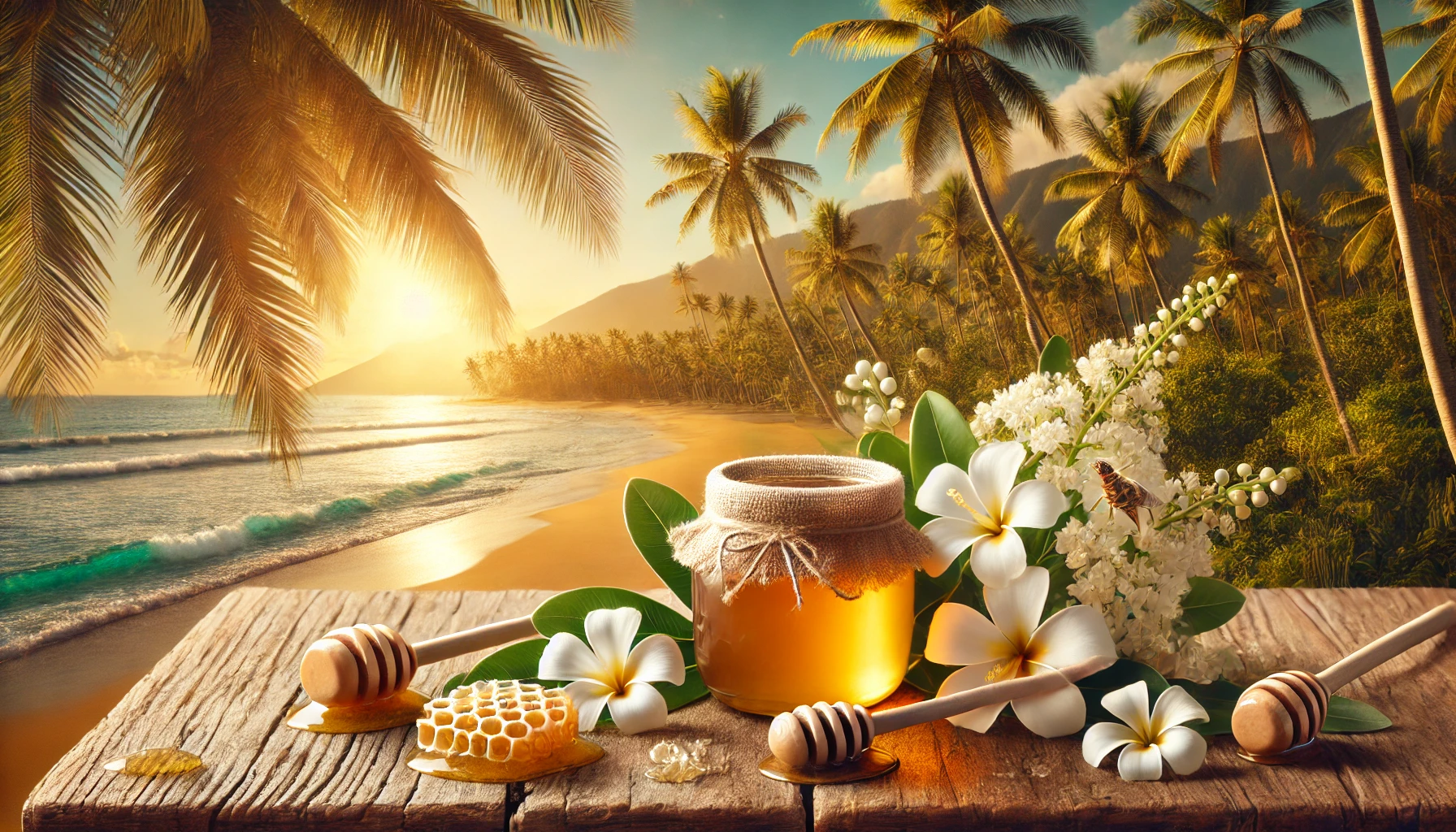In the heart of the Pacific, Hawaii serves as an idyllic setting for beekeeping. The islands' unique flora and temperate climate create an ideal environment for honeybees. However, the critical question remains: how can we ensure that beekeeping in Hawaii remains sustainable? This article delves into the importance, practices, and benefits of sustainable beekeeping in the Aloha State.
Understanding Sustainable Beekeeping
Sustainable beekeeping refers to practices that allow for honey production and pollination services without compromising the health of bees or the environment. It emphasizes ecological balance and aims to minimize human impact.
The Importance of Sustainable Practices
- Environmental Preservation: Sustainable beekeeping helps maintain the delicate ecosystems of Hawaii, home to many endemic plant and animal species.
- Bee Health: By focusing on natural methods, sustainable beekeeping improves bee health and reduces colony collapse disorder risks.
- Economic Benefits: Sustainable practices can lead to higher quality honey and other bee products, enhancing local economies.
Challenges of Beekeeping in Hawaii
While Hawaii offers an excellent environment for bees, beekeepers face unique challenges:
Invasive Species
Hawaii's isolated ecosystem is highly susceptible to invasive species, such as the Small Hive Beetle and Varroa Destructor, which threaten native bees and honeybee colonies.
Pesticide Use
Agricultural activities sometimes involve pesticides that can harm bees. Reducing chemical use is crucial for sustainability.
Climate Change
Rising temperatures and erratic weather patterns can impact flower availability and, subsequently, bee foraging.
Strategies for Sustainable Beekeeping in Hawaii
Beekeepers can adopt several strategies to enhance sustainability:
Integrated Pest Management (IPM)
- Monitor: Regular monitoring of hives helps detect pests early.
- Biological Controls: Use natural predators and organic treatments to manage pests.
- Cultural Practices: Altering hive locations and using pest-resistant bee strains can reduce pest issues.
Organic Beekeeping
- Chemical-Free: Avoid synthetic chemicals and opt for natural bee health treatments.
- Natural Forage: Ensure bees have access to diverse and pesticide-free flora.
Community Collaboration
- Education and Training: Providing resources and workshops for new and experienced beekeepers enhances knowledge sharing.
- Bee-Friendly Policies: Advocate for policies that protect bee habitats and regulate pesticide use.
The Benefits of Sustainable Beekeeping in Hawaii
Sustainable practices offer numerous benefits that extend beyond the beekeeping community.
Ecological Impact
- Biodiversity: Honeybees play a crucial role in pollinating native Hawaiian plants, contributing to biodiversity.
- Pollination Services: Bees aid in the pollination of crops, which is essential for local agriculture.
Economic Opportunities
- Local Honey Production: Sustainable methods improve honey quality, which can boost sales in local and international markets.
- Agri-Tourism: Beekeeping tours and workshops attract tourists interested in ecological and cultural experiences.
Health and Well-Being
- Natural Products: Honey, beeswax, and propolis are valued for their health benefits and can be marketed as premium products.
- Community Engagement: Beekeeping fosters community connections and educates people about environmental stewardship.
Conclusion: Embrace Sustainable Beekeeping for a Better Tomorrow
Sustainable beekeeping in Hawaii is not just a trend but a necessity for preserving the islands' unique environment and culture. By adopting eco-friendly practices, supporting community education, and advocating for protective policies, we can ensure a thriving future for both bees and humans.
If you’re inspired to contribute to sustainable beekeeping efforts in Hawaii, consider supporting local bee farmers, participating in community workshops, or starting your own beekeeping journey. Together, we can preserve the natural buzz of Hawaii’s landscapes for generations to come.
Call to Action: Dive deeper into the world of sustainable beekeeping by visiting local Hawaiian apiaries or joining a beekeeping club. Share this article with fellow nature enthusiasts to spread awareness about the importance of sustainable practices. Let's create a buzz for a more sustainable future—one hive at a time!
